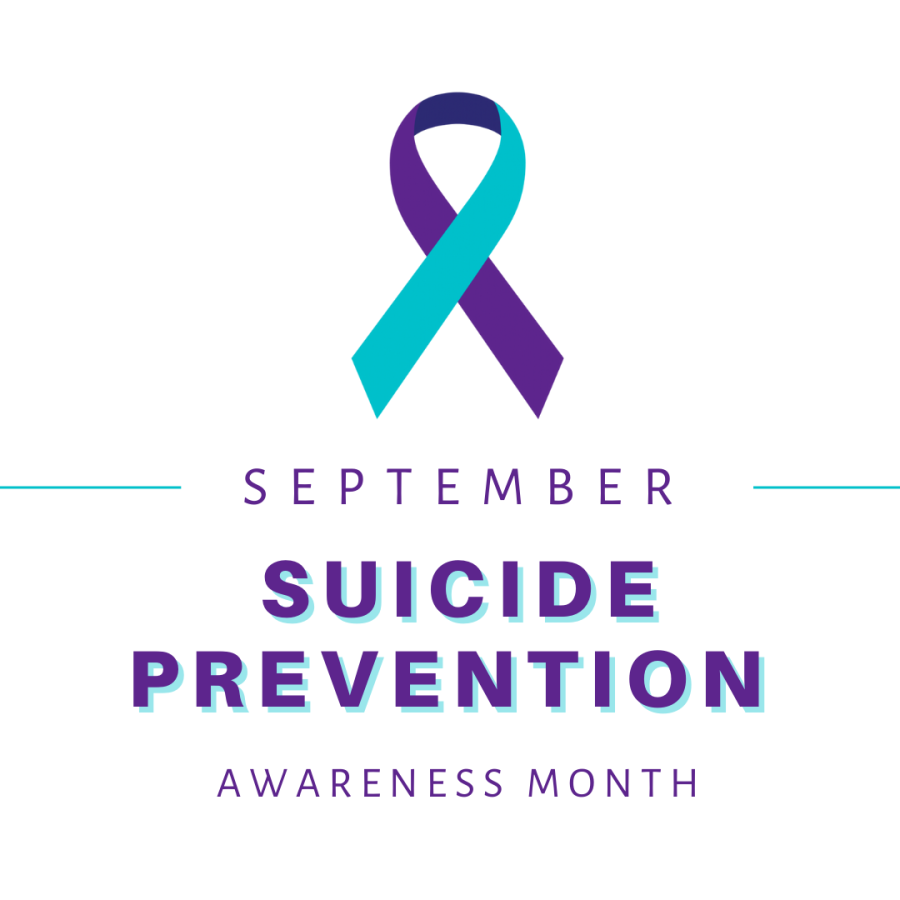GC’s rising mental illness
September 28, 2022
It has been concluded in recent studies and by the CDC and WHO that mental health disorders are increasing in prevalence among college-aged students. The results concluded that over 60% of the college students sampled met the criteria for at least one mental illness in 2021, which is double the amount it was in previous years. However, a good finding was that the results clearly indicate that difficulties with mental health are pointing to a more latent positive shift in social paradigms. It appears that college students are becoming more willing to discuss the issues that plague their minds with certified health professionals and receive needed and potentially life-saving treatment.
“On a more positive note, I think the fact that students are becoming more willing to come in and seek professional counseling has to do with mental health becoming less stigmatized than it used to be,” said GC counselor Pamela Jones. “People are more comfortable coming in and are willing to seek help for the problems they are encountering.”
The month of September is National Suicide Prevention month, which creates an escalated sense of importance around the topic of mental health. It is only natural with the increase of mental illness among students, that the month’s events in favor of prevention have become increasingly popular.
Despite the growing frequency of mental health disorders among young adults, GC counseling services offer a diverse array of effective resources for students. These include cognitive behavioral intervention where talk therapy and medicinal treatment are both employed in an effort to treat students. Standard talk therapy is a therapy that utilizes traditional one-on-one counseling. Crisis services are also offered, which allows the university to handle students that pose a potential danger to themselves or those around them. These resources allow students to flourish both academically and emotionally and emerge from therapy improved in many facets of life in comparison to the day they started.
Many students seem to praise the resources available to them.
“I think the GC mental health resources are very adequate, my therapist and psychiatrist are easy to contact, and I think that having a diagnosis helped me understand myself better,” said sophomore political science major Kylie Rowe.
GC counseling services are fully staffed with certified professionals including licensed counselors, a Doctor of Psychology, and a full-time psychiatrist to ensure the university is capable of providing a wide variety of treatment options for students with diverse needs within the university. Pamela Jones encourages students to pick up a Mental Health Resource Handbook published by GC counseling services. This handbook provides critical details and contact information for a variety of mental health resources provided on campus, locally, and even access information for several national crisis hotlines. This will give students access to all possible resources to ensure they get treatment and care that is right for them.
“Students need to understand that a variety of communal and national resources exist beyond just what is offered by counseling services, there are resources such as Rivers Edge and (if a situation is urgent) the ER at Atrium,” said Jones.
Although the services provided here at GC have clearly helped students, Jones recognizes that not all people respond equally to the same method or style of treatment or counseling. She outlines a variety of options and providers students can seek help from to find a method of aid that is optimal for them.
“I was recently diagnosed with ADHD and have worked with a school therapist and the school’s psychiatrist on ways to improve my academic performance and day-to-day life,” said sophomore accounting major, Alyssa Baker. “I have seen good results so far and have not had any negative experiences to speak of.”
Many students have seen the many methods the GC counseling services offer for mental health and have utilized the methods of intervention provided by GC. The issue of mental health among college students is not going away, but it is important to know that apt resources are available free of charge to any GC student who is struggling and in need of help.







